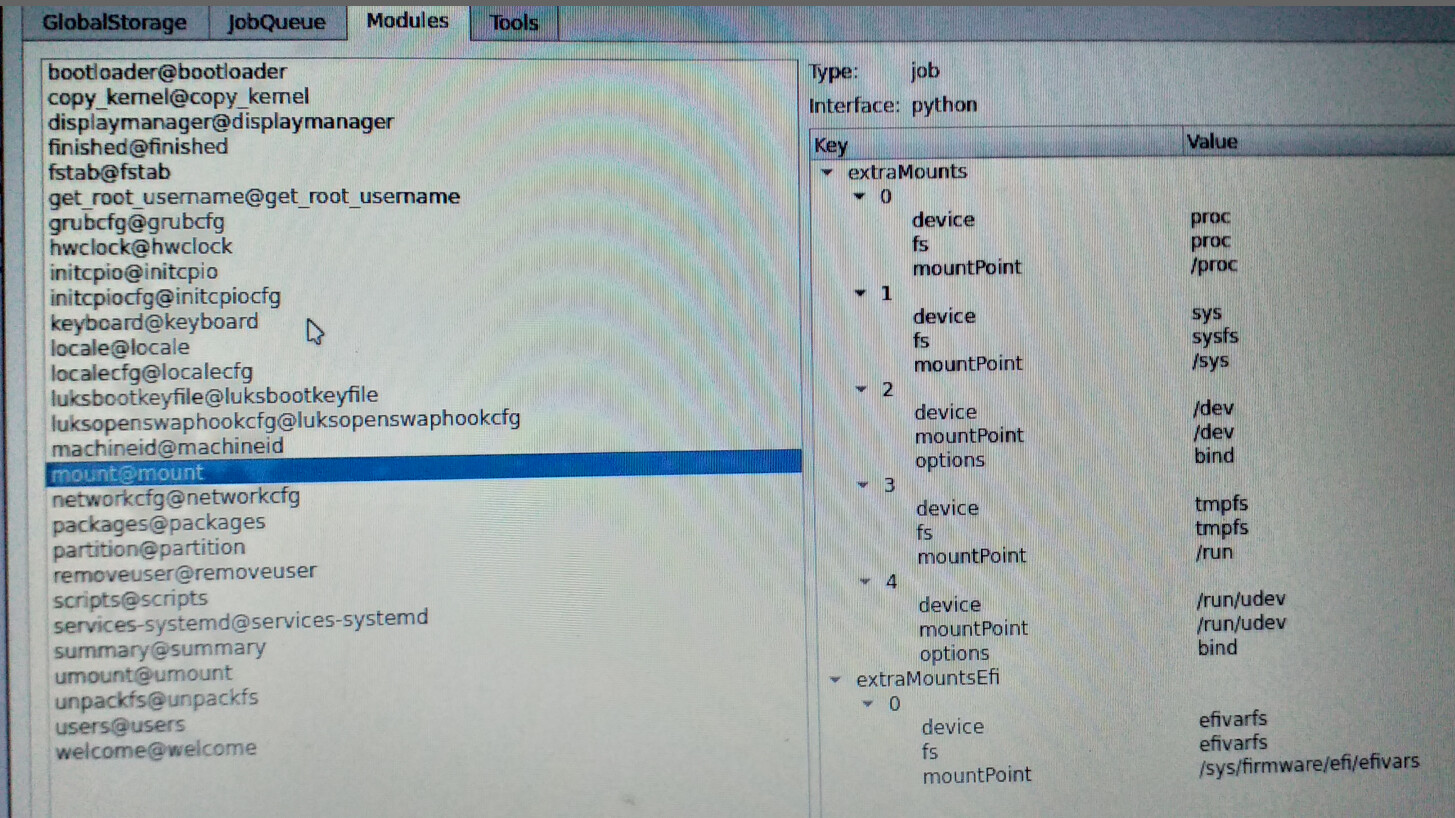

- #Partition find and mount 2.3 how to
- #Partition find and mount 2.3 software
- #Partition find and mount 2.3 code
The guide provided examples of the tool’s functionalities and features.
#Partition find and mount 2.3 how to
Now you know how to use fsck Linux command to check and repair filesystems. Try to repair filesystem errors automatically during the check. Consult the man page for detailed information. Specify which filesystems type(s) to check with fsck. Tell the fsck tool not to check the root filesystems when you use the -A option. It can cause issues, depending on your setup. Use to run a scan on multiple filesystems in parallel. The warning or error messages are printed as well. The output prints what the fsck would do without executing any actions.
#Partition find and mount 2.3 code
The tool returns an exit code 0 when a filesystem is mounted.ĭo a dry run. Lock the device to prevent other programs from using the partition during the scan and repair.ĭo not check mounted filesystems.


The tool checks even when the filesystem appears to be clean. Show progress for ext2 and ext3 filesystems.įorce fsck to check a filesystem. There will be no prompts, so use it with caution.Ĭheck all filesystems listed in /etc/fstab. Try to repair filesystem errors automatically. To wrap up, below is the list of the options you can use with the fsck Linux utility. You can rerun the check next time and let it finish. In case the utility found an error while the check was in process, it will not try to fix anything if interrupted.

However, if the process is interrupted, fsck will finish the ongoing check and then stop. You should not interrupt the fsck tool while it is in progress. One method to locate the disk you want to scan is to list the filesystem disks with the dfcommand: df -h To view all mounted devices on your system and check disk location, use one of the available tools in Linux. There are a few steps to do before you check and repair your file system. You can also use filesystem-specific options at the end of the command. In the above example, filesystemcan be a device, a partition, a mount point, etc. The basic syntax for the fsck utility follows this pattern: fsck
#Partition find and mount 2.3 software
The Partition Find and Mount software support Windows 7, Windows Vista, Windows XP, Windows 2003, and also Windows 2000. Partition Find and Mount software is basically and to find the lost or partitions in the most easiest and convenient way which is possible, although, it may also not work if the file system on a partition or the hard disk drive itself is badly damaged. In the easiest case, if MBR is the only structure in which it is corrupted, then it will take just a bunch of seconds for Partitions Find and Mount to find all of the lost partitions.Īfter the partitions are found, you can easily mount them to your system, to make them visible as they usually are, as a read-only disk volume. Partitions which are lost or deleted can also be found with this Partition and Mount. If it gets or damaged, then you may completely lose access to your data. The Master Boot Record is a hidden area on your hard drive which contains all of the information about disk partitions (some of the times it is also volumes or logical drives).


 0 kommentar(er)
0 kommentar(er)
